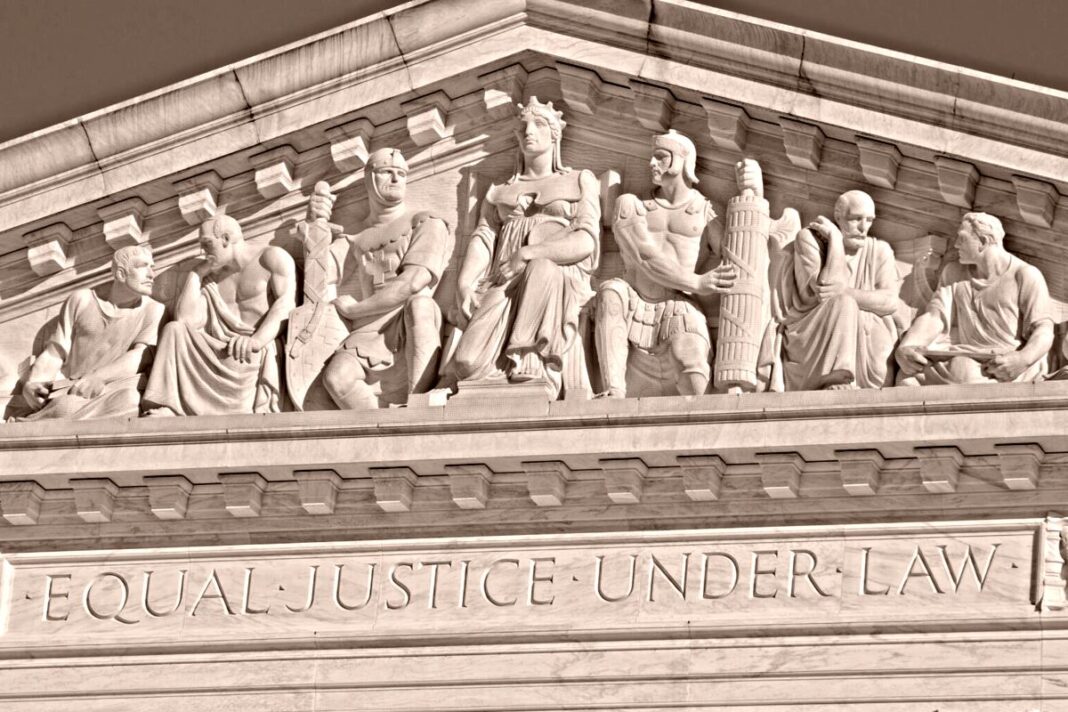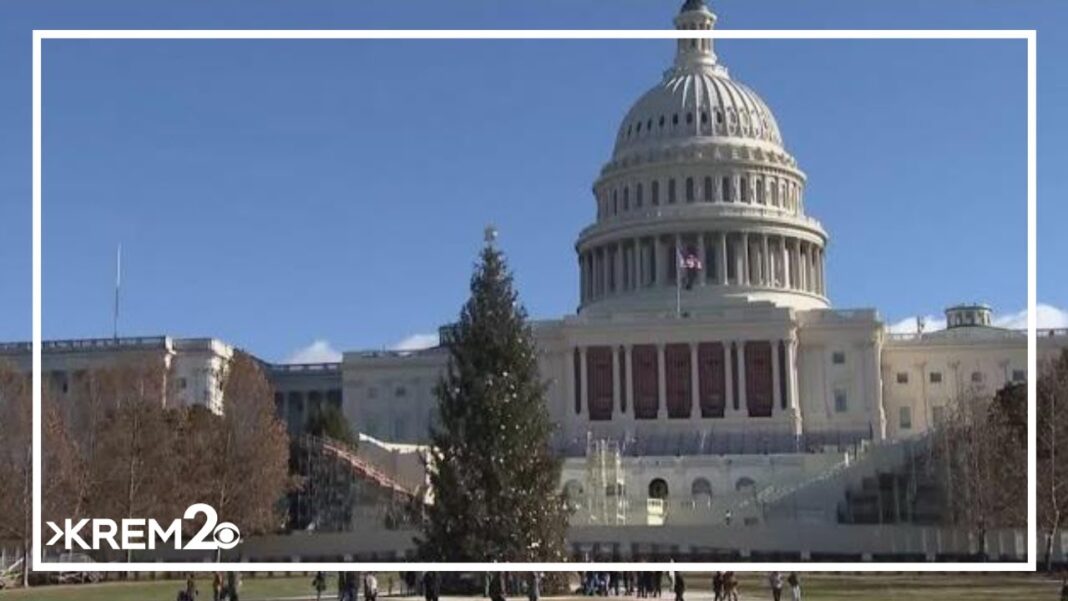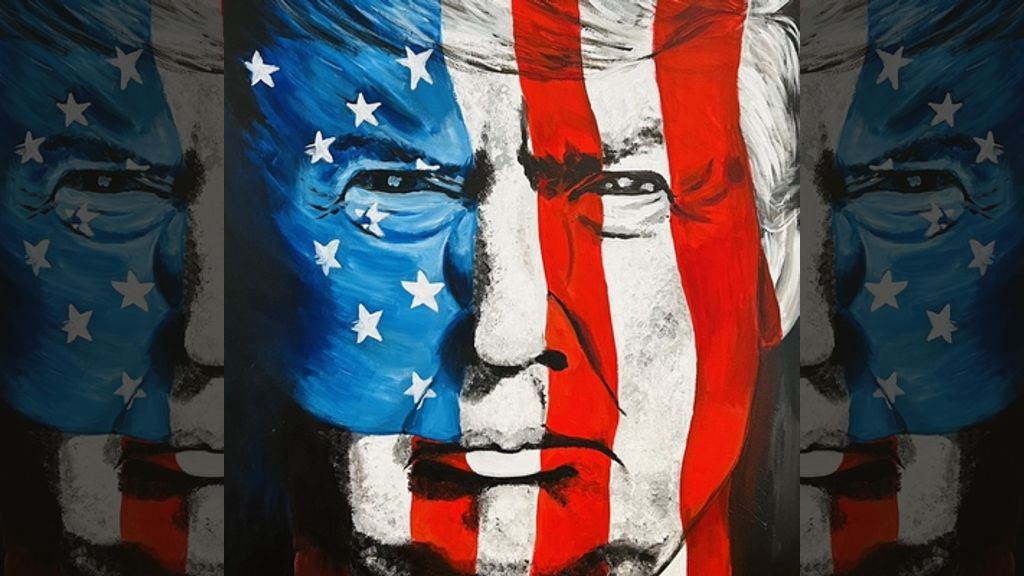The Supreme Court issued consequential decisions on presidential power, administrative law, the Second Amendment, and other issues.
The Supreme Court made a wave of historic and game-changing decisions in 2024 on topics ranging from presidential immunity to social media and ballot disqualification.
The presidential election combined with rising administrative law disputes helped tee up controversies that put the court and its decisions in the spotlight. Legal precedent flowing from those decisions created rippling effects for other cases and how entire branches of government are expected to make decisions.
Here are several of the biggest cases this term.
Presidential Immunity (Trump v. United States)
One of the most politically controversial cases this term stemmed from President-elect Donald Trump’s now-dismissed election interference case in Washington. In Trump v. United States, Trump appealed the case with the argument that under the Constitution, presidents should enjoy immunity from criminal prosecution.
It was the first major Supreme Court precedent establishing presidential immunity since 1982 in Nixon v. Fitzgerald, wherein the court held that presidents enjoy immunity from civil liability for actions taken within the outer perimeter of his duties.
By taking up the case earlier this year, the Supreme Court created a lengthy delay for the pre-trial process and the case was eventually dismissed because of Trump’s election win. The court’s decision set a major historical precedent by outlining the contours of criminal immunity. For unofficial acts, presidents are not immune, while for official acts, presidents enjoy certain levels of immunity, according to the decision.
The majority offered some broad guidance on distinguishing between official and unofficial acts but acknowledged that doing so “can be difficult.” Chief Justice John Roberts said that lower courts should not inquire into a president’s motives and that they could not deem something unofficial “merely because it allegedly violates a generally applicable law.”
While courts should base their distinctions on what a president’s discretionary authority entails, some conduct could qualify “even when not obviously connected to a particular constitutional or statutory provision.”
Trump has attempted to apply that decision to his other criminal cases, including one still playing out in New York. For example, Trump argued in New York that prosecutors improperly used evidence, including testimony, that was prohibited under the immunity decision.
By Sam Dorman









